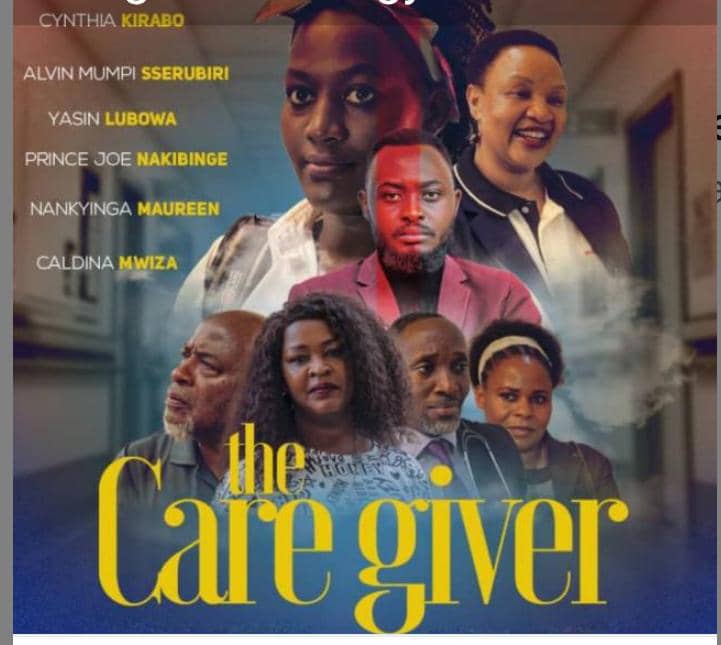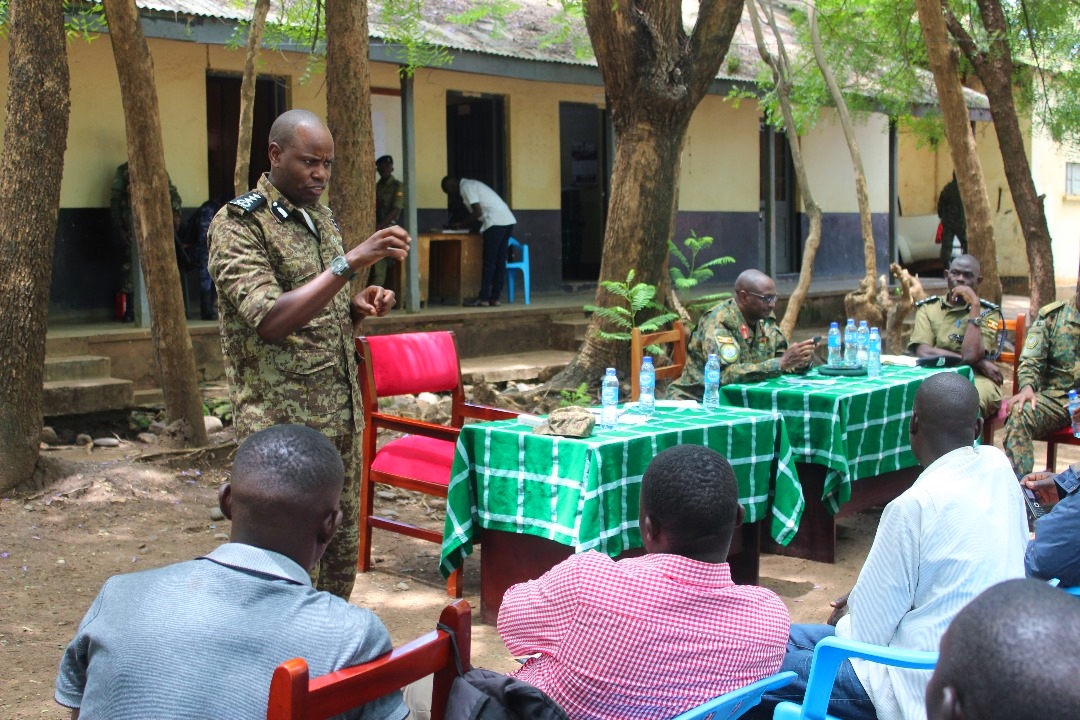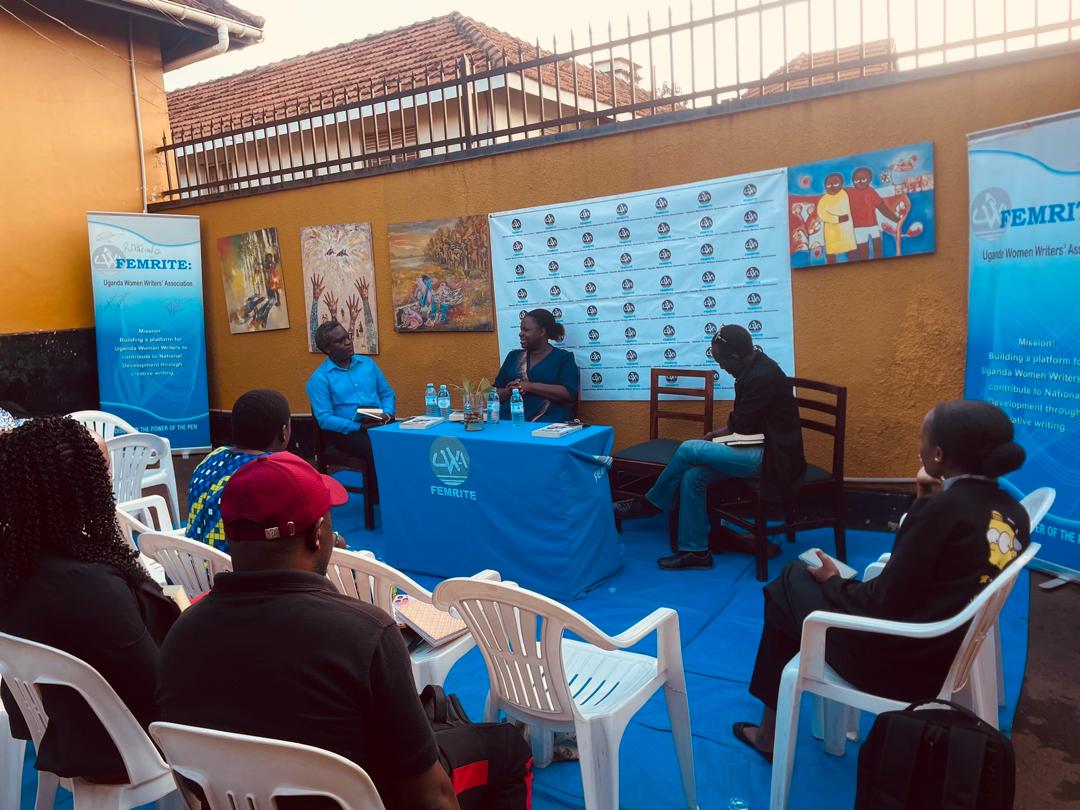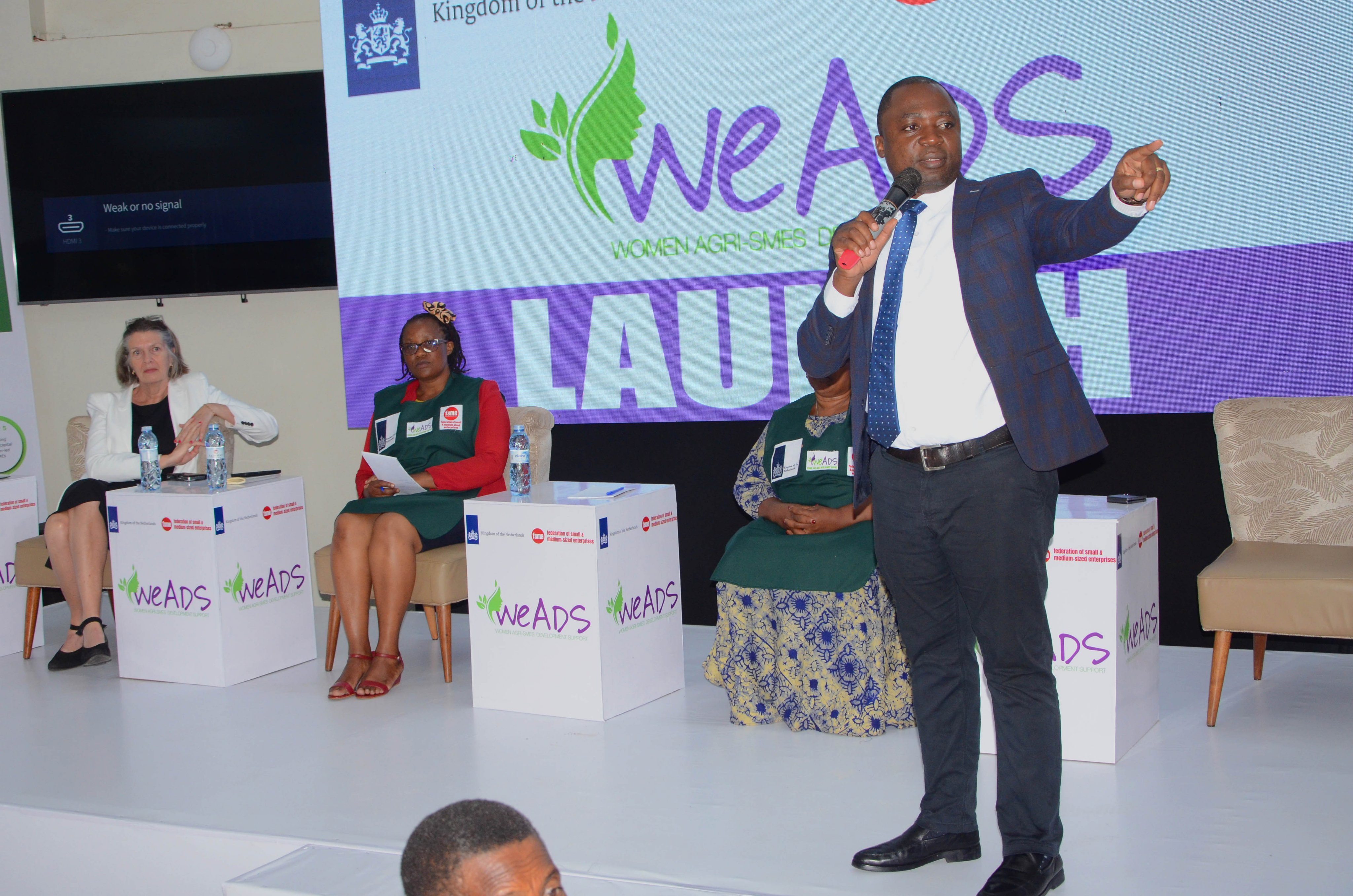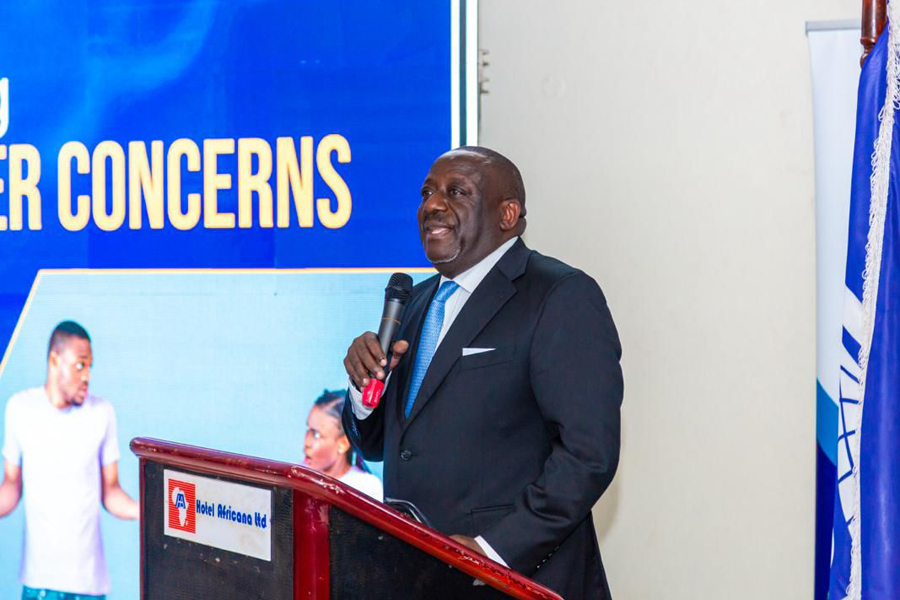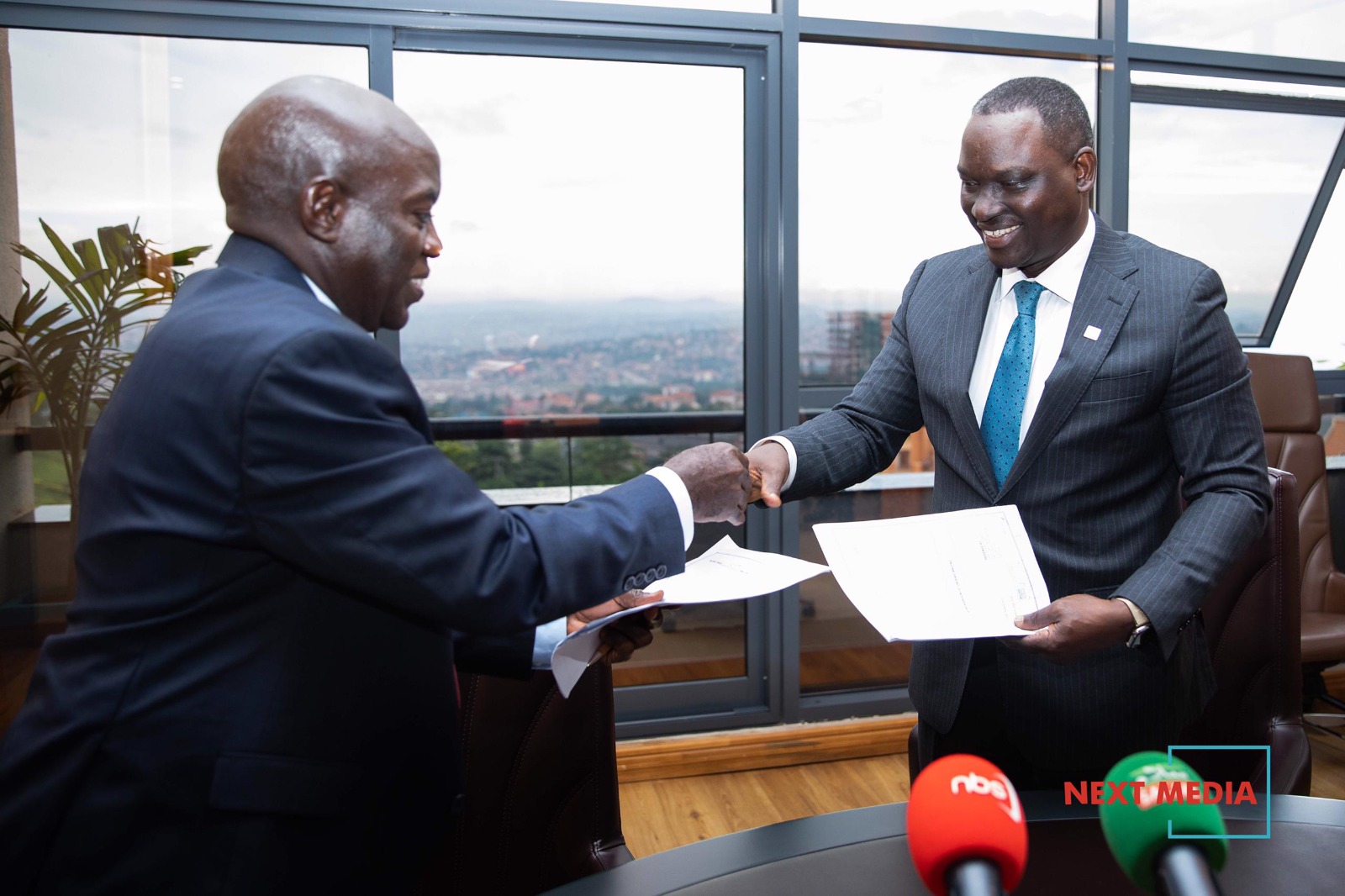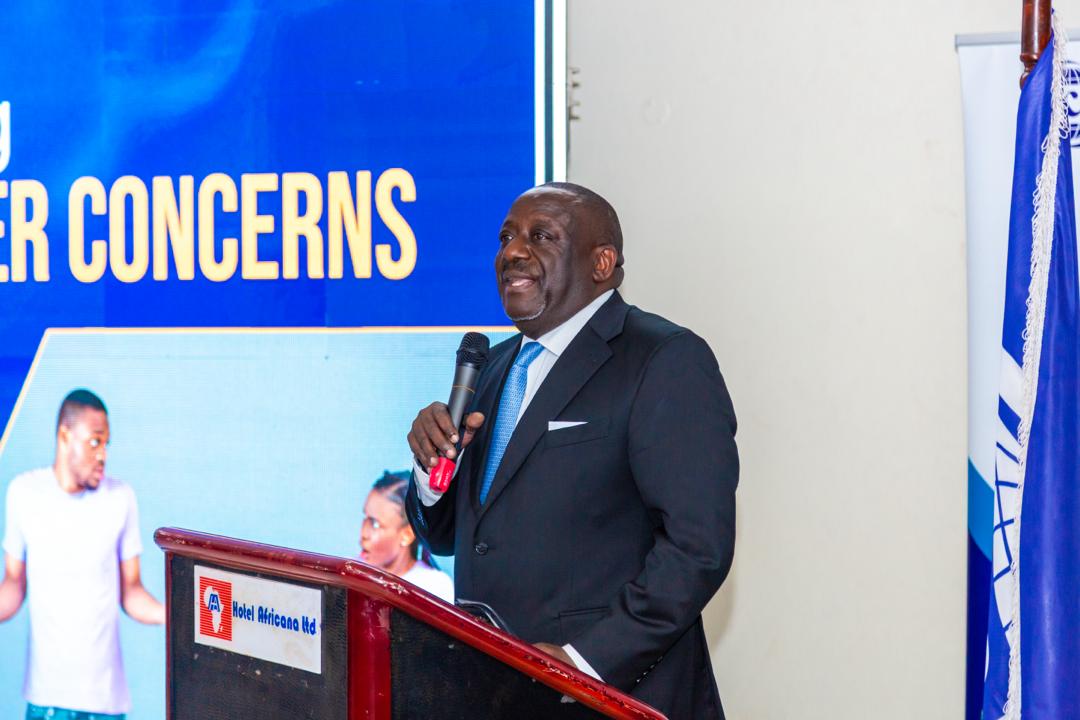How do you know when it is time to switch your career path? - Part 1
By Edmund Kamugisha
 The author Edmund Kamugisha
The author Edmund Kamugisha
Before the lockdown, an old time friend of mine recently asked me out for a coffee. We usually meet once every six months or so, but the meet-ups had waned due to the regular hustle of life. We have been chatting regularly on popular social media platform WhatsApp. After the initial catch-up of family, personal health and stuff, he brought it up like I expected him to, but was not really ready for what he shared.
You see Percival* (not real name) has always spoken about engineering from as far back as we can remember. He sailed through the chemistry and physics classes in A’ Level with the ease of drinking a glass of water. He has never struggled with any form of arithmetic in his life before.
He went ahead and studied civil engineering at University and proceeded to work initially for a construction company doing road projects, commercial buildings and project management.
He eventually realised he wanted to become a business owner and set up his own construction company and to improve his own skills, signed up for and completed the MBA in management at a local university.
He worked for water, sanitation & hygiene (WASH) focused NGO as a senior civil engineer for almost 6 years before he eventually left formal employment to set up and run his construction firm. Coupled with the initial 7 years he did at the first place of work, he has built up a steady stream of paying clients and a decent reputation in the market place. He is thinking of diversifying, in layman’s speak, but the more and more we chat online and in person, I get the feeling that he is becoming less interested in engineering work and more in the world of business. Let me get back to Percy in a bit.
So a much older friend of mine studied development studies at the university and had never bothered figuring out what she wants to do with her life. She eventually applied for and got a job in a leading banking corporation and as luck would have it 4 years after her first day, her Boss and his Boss were fired for some shady fraud and she was asked to man (or should I say woman) the department for an initial probationary period as they find a replacement.
Jeanne did the role so effortlessly well and was made Acting Manager for next 6 months and eventually confirmed before the 3rd month was even up. She did this role of the next 5 years and along the way used to invite me for coffee to share updates about her professional life and how she is getting sick of banking as a work life and wants to figure out what she really wants to do in life.
She eventually told me she loves to create things and along the way started drawing patterns for clothes especially women’s dresses. She eventually jumped the broom, had children and as part of her bucket list wanted to fulfill her passion of fashion and design and attended a course in fashion and design, in the process acquired 2 sewing machines and continued to practice her craft.
When she clocked 10 years working in the bank, she left and started working in the field of fashion and design. She said that if she knew then what she knows now, she would have not delayed the change in her career if it was not as fulfilling as she hoped it could be. She would have used her more aggressive nature then (before kids and a family) to take bigger risks than now and use the lessons well enough to grow a sustainable business. Younger energy is expended better and its impacts and results are felt stronger. I’ll get back to Jeanne shortly.
Two months ago, before the global pandemic took over the globe, I was invited to a Toast Master’s session by a close friend. Paul (real name this time though) is a former Central Banker turned investment banker who lived through the financial crisis of 2008 while working at on Wall Street.
When he eventually returned home after almost 14 years away, he worked for a global health focused NGO and somehow got into pig farming and recently intimated to me that he never thought he would be a pig farmer.
He told me he wanted to be an airline pilot growing up. In discussing more about deciding switching careers he said that the experience he went through and seeing people losing all their savings and homes made him realise that he needs to look longer into the horizon and broaden his view in the entire industry. He chose to go into health financing for developing economies and transferred his skills into the space. Paul feels that this Covid-19 pandemic will make many of us have to realise this.
Previously you would have the luxury of options and timing on what one is interested in doing and making your decision may not be hasty. This time around however the choice of transition from a caterpillar to a butterfly will no doubt be as painful as usual, but the usual time taken might be shortened. The truth that is coming out of the newly mentioned essential versus non-essential workers is that vocations will always be more essential than white-collar roles. Paul says that if he could go back in time, he would surely pick up more vocational skills and get better at them as we grow. They are surely handier than manipulating certain spreadsheets. Either way, changing a career can be done with or without a crisis in effect. A crisis just makes you smell the bad coffee a lot quicker.
I almost forgot to mention that at the Toast Masters session, I had a hearty discussion with Mary (real name too). She studied civil engineering at University and joined the oil & gas sector as a business analyst. In her response, she was keen on chemical engineering, but it was not at the university she studied at and jumped into oil and gas engineering with the hope that she would maybe work in a refinery or pipeline because that’s where all the chemistry happens. She ended up behind a desk doing business analysis.
Along the way, she did her Masters at Dundee University in Oil & Gas Engineering and even worked in the industry for almost 3 years. She eventually went back to school (again), did an MBA with a specialisation in Green Energy and Sustainable businesses on realization that this was not what she wanted to be doing and realised that if you are not interested in what you are doing, you will not be satisfied. Realizing that being interested in something will make you seek and eventually seize opportunities in areas that you are keen on staying in.
Considering that Mary thought she would one day be a medical doctor, making the switch from engineering in oil and gas to program management and now working as a refrigeration consultant as well as farming is no mean feat. She feels that for most people, switching careers appears to be difficult because they get comfortable in their careers.
Switching careers is like starting all over again. And remembering the entire grind you went through to get to where you are now and imagining you having to do it all over again is just overwhelming! Learning something new, putting in more energy and time to get to a level you really feel comfortable in that career. This is painful for most and very few have the grit and determination to get out of a comfort zone and aspire to another (usually higher) level.
Both Jeanne and Percy feel that you should always follow your instincts and listen to your gut. If your mind starts to veer off the intended direction, spending energy and time keeping it focused could delay you from discovering new destinations. In choosing to try something else after accomplishing highlights in a previous endeavour requires true grit because the process is always a bunch of lessons in disguise.
To keep this article about the people I spoke to, I will reiterate that unless it is forced upon you, a career change usually comes from deep within you. But they did mention some ways to know that you need a career change. These include;
- Despite all the “right” choices you made in your career, the outcome feels very wrong.
You’ve done everything expected of you and are still bored to death with work and this makes you shocked and confused. Realise here that the “right” choices usually had to do with pleasing others, stroking your ego, rather than asking yourself the tough questions like “Is this where I belong?”
- Your salary no longer makes up for the boredom and emptiness you feel.
Most people who dislike like their work but are reluctant to change would say it’s their fear about walking away from the money that keeps them stuck. I know some who earn enough to cover their lifestyles 3 times over and they don’t want to part with it. But at some point, many are saying, “I have this money, but I hate how I spend my life making it.” They begin to rethink their priorities and their abilities, and then they open their eyes to new ways they can make the money they need without risking the farm or giving up their lives for it.
- Your skills, responsibilities, and tasks are not you at all.
This can be a shocker for some folks that you might have become very good at work that you hate. My friend Sharon used to work at a growing financial institution and is really good at presenting to a board room of senior leaders the facts, data and new marketing strategies about the membership products she managed, but inside it was a horrible struggle. She just couldn’t seem to hold onto the key statistics or data about these products because I couldn’t care less about them. She now works in an educational institution handling their Public Relation.
- You are chronically worn out, exhausted and depleted.
If you experience constant exhaustion, the first place I’d look is your work. Most of us spend more waking hours working than doing anything else, and I can tell you from first-hand experience that if you don’t like your work, it won’t like you back, and overly-stressful, misaligned work can very easily make your body break down. Your body tells you what your lips cannot. It may be your specific job or toxic work environment that are breaking you down, but often it’s your entire career that needs a shift.
Sit tight because my next piece will be practical tips to help you make a career transition.
Tomorrow, we will bring you part two
Edmund is the Principal Partner at BLEGSCOPE and recommends you wash your hands regularly and maintain social distancing in this fight against the Covid-19 pandemic.


